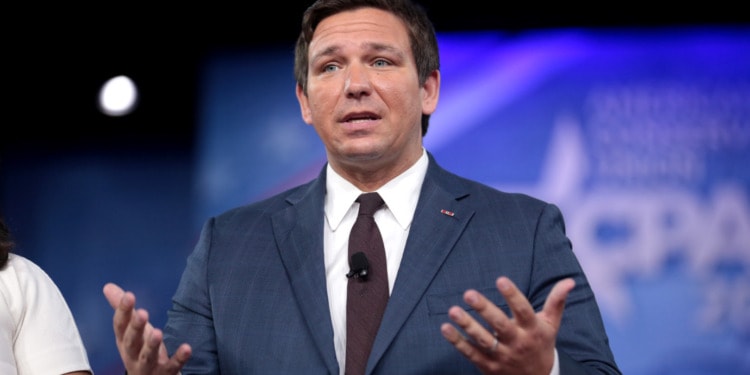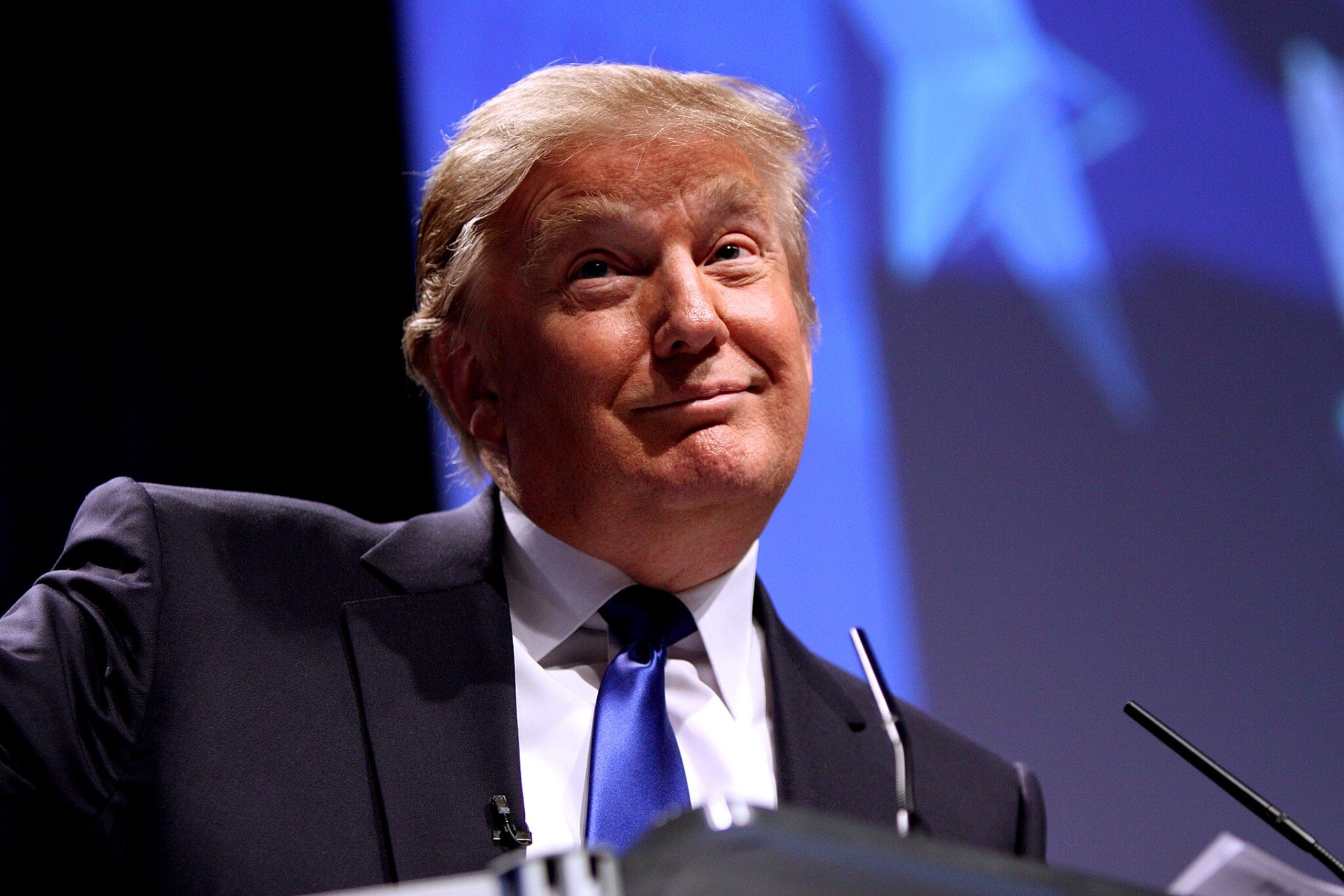Last month, a new PwC survey found that less than half of US corporate boards included ESG (environmental, social and governance investing principles) in their regular agendas. It attributed this deprioritization of ESG to its ambiguity: Less than 10% of surveyed board members reported that they believed ESG meant the same thing as sustainability. It concluded that the ongoing debate surrounding ESG factors in corporate decision-making stemmed from a lack of clear definitions of ESG and the absence of guidelines.
This amounts to a severe misinterpretation of the debate around ESG in America. It overlooks a crucial element: the deep-seated political polarization surrounding ESG in the United States. That polarization sharply contrasts the way ESG factors are viewed in Europe, where nobody doubts that ESG is synonymous with sustainability.
Therefore, it should come as no surprise that European business leaders well received the Draghi Report, which was released in mid-September. They immediately saw how this comprehensive analysis, offering crucial insights into the current state of ESG in Europe, guides them in navigating the complex landscape of sustainability regulation in the EU.
As pointed out in a recent Impakter article, the Draghi report identifies opportunities for ESG in Europe based on the fact that the EU is a world leader in clean technologies like wind turbines, electrolyzers, and low-carbon fuels. More than one-fifth of all clean and sustainable technologies are developed in the EU. The report concludes that the EU can and must leverage this to be more competitive in the global market.
This is in marked contrast with the situation in the US.
While it’s true that ESG frameworks can be complex and lack standardization, the current controversy goes beyond mere so-called “confusion.” It has become a battleground in the broader culture wars, with Republicans increasingly portraying ESG as a “woke” agenda pushed by liberal elites.
This narrative has resonated with many large corporation stockholders, who view ESG considerations as detrimental to shareholder value and an attempt to impose a progressive ideology on businesses.
Several factors contribute to this politicization, turning ESG into a political battleground rather than a purely financial consideration:
Climate Change Denial
A significant portion of the Republican base follows Florida Governor Ron DeSantis and his corporate allies in either denying climate change outright or downplaying its urgency — and now politicizing climate emergency management, as in the case of hurricane Helene this week.
This stance directly clashes with ESG’s emphasis on environmental sustainability and the need for businesses to reduce their carbon footprint.
“Woke Capitalism” Backlash
The term “woke capitalism” (part of the “cancel culture”) has become a pejorative used to criticize companies that incorporate social justice concerns into their business practices.
Again Governor Ron DeSantis was at the forefront of the battle, criticizing ESG as “woke” capitalism, arguing that it prioritizes liberal goals over investor returns.
Republicans frame this as an intrusion of political correctness into the corporate world, alienating conservative consumers and investors.
Anti-ESG Legislation
Republican-led states have introduced and passed legislation aimed at restricting or prohibiting the consideration of ESG factors in investment decisions. This signals a clear political opposition to ESG principles and further fuels the controversy.
Over the past two years, there has been significant legislative pushback against ESG investing in the United States. In 2023 alone, over 165 anti-ESG bills were introduced across 37 states, many of which aimed to prohibit state agencies from doing business with firms that consider ESG factors.
This legislative activity underscores the political motivations behind the anti-ESG movement. As Reuters reported in February 2024, only a restricted number of states considered them, including Oklahoma (14 bills introduced), South Carolina (9 bills), Missouri (8 bills), and West Virginia (7 bills). About a dozen of other states were only beginning to consider such legislation, including Arkansas, Idaho, Indiana, Kansas, Louisiana, Montana, Utah, North Dakota, Texas, Kentucky, Tennessee, and Florida.
Since then, as the updated Ropes & Gray chart below shows, there has been a considerable increase in the number of states that unabashedly “restrict the use of ESG factors” and focus on so-called “pecuniary characteristics” (read: business bottom line prioritized at the expense of any considerations of social justice or public health).
They are now a majority, standing at 26 states in the United States. While states that clearly promote ESG factors in investment are only 20 (plus DC — with Pennsylvania in an odd in-between position):

This trend reflects a significant political opposition to ESG principles, often driven by concerns that ESG considerations might conflict with traditional financial performance metrics or political ideologies.
The PwC report: A reflection of stockholders’ political opinions
The PwC report concludes with a call for clearer guidelines and definitions of ESG: This is well-intentioned but misses the mark.
The ESG debate is not primarily about technicalities; it’s about deeply held political beliefs and values.
Americans need to ask themselves some fundamental questions about the way they live and about the “American Dream”:
- Do you, a citizen of the most powerful country on earth, believe you have a right to make money at the expense of other countries just because of your military might?
- When your “pecuniary interests” in the fossil fuels and chemical industries threaten the health of the planet and cause climate change, do you believe you have a right to continue destroying the environment to preserve your own business’s bottom line?
- When the same “pecuniary interests” threaten the health of your fellow citizens and your own family and children, do you believe you have the right to continue making money without changing your ways, not even for your close and dear ones?
- Do you consider social justice less important than the money you make and your own social status?
- Do you believe the American Dream is still possible in a deeply unequal world such as in the United States, where the playing field is not level, and the children of the ultra-rich get all the top jobs because their parents can afford all the top schools?
These are tough questions and many people will continue to cling to their self-interest no matter what. Until this underlying ideological divide is addressed, the controversy is likely to persist, regardless of how well-defined ESG frameworks become.
As mentioned at the start of this article, ESG is considered in a dramatically different light in Europe. The vast majority of European citizens are concerned by climate change, and most of them are guided by a strong sense of social justice. Nobody in Europe considers that military might trumps human rights. Only people on the extreme right of the political spectrum manifest support for Russia in its war on Ukraine. There is no question in the minds of most Europeans that every country has a right to its national sovereignty and independence and that the invader is always wrong.
Related Articles: Preparing for CBAM: Why ESG Reporting is Key for EU Market Access | Over 80% of US Companies Are Building Net-Zero Programmes, Survey Shows | Ensuring Corporate Accountability to Leave No One Behind | EU Adopts the Corporate Sustainability Due Diligence Directive | EU to Require Companies to Mitigate Negative Impact on Human Rights and Environment | ESG in Europe: What the Draghi Report Means for Business Leaders
The politicization of ESG has real-world consequences and is dramatic for the future of the US
Anti-ESG legislation of the kind that is spreading in the United States is deeply disturbing. The impact is likely to be most destructive on the United States itself. Such legislation can clearly discourage companies from adopting sustainable practices, hinder efforts to address climate change, and further polarize American society.
It’s crucial to recognize that the ESG debate is not simply a matter of misunderstanding but a reflection of the broader political and cultural divisions within the United States.
Understandably, many large corporations and their stockholders have aligned with Republican positions, often adopting rhetoric that dismisses climate change and other ESG concerns as part of a broader “anti-woke” agenda. And one may see this alignment as a strategic move to avoid regulatory scrutiny and maintain traditional business practices.
Rising litigation risks from the ESG backlash play a key role in this tense situation, as discussed in a paper posted on the Harvard Law School Forum on Corporate Governance.
Yet at some point — and this may happen soon — public opinion will trump political posturing: Despite the political controversy, public opinion in the U.S. shows significant and rising concern for climate change and support for sustainable practices. This disconnect between public sentiment and political action highlights how the ESG debate is being driven more by political agendas than by genuine investor concerns.
Critics of ESG often argue that it harms economic performance, but there is substantial evidence suggesting that considering ESG factors can lead to better long-term financial outcomes by mitigating risks and identifying opportunities. This evidence is frequently overlooked in politically charged debates.
To summarize: the ESG controversy in America is less about the actual merits of ESG investing and more about political maneuvering and ideological battles.
The only trouble is that, in the long run, the American economy and American workers — the middle class and blue-collar workers — will pay the price of this senseless controversy.
Editor’s Note: The opinions expressed here by the authors are their own, not those of Impakter.com — In the Cover Photo: U.S. Congressman Ron DeSantis of Florida speaking at the 2017 Conservative Political Action Conference (CPAC) in National Harbor, Maryland, Feb. 23, 2017. Cover Photo Credit: Wikimedia Commons.














